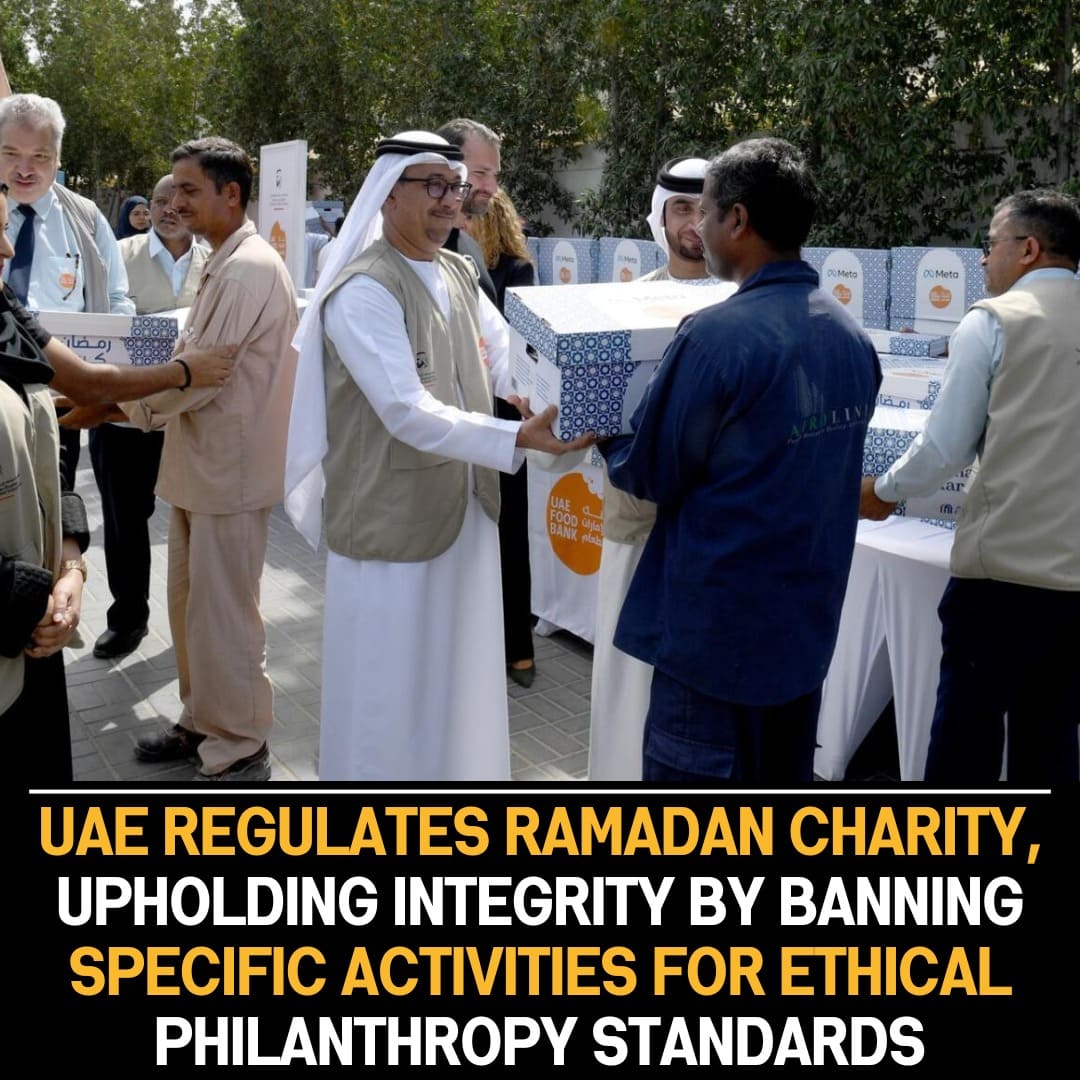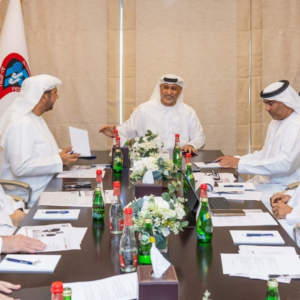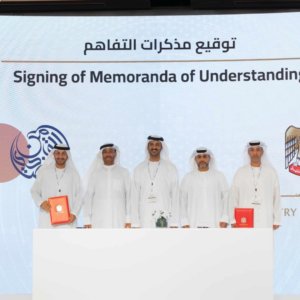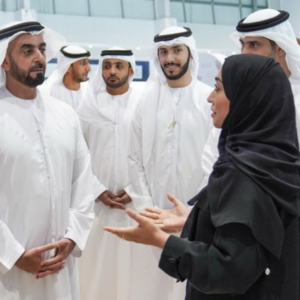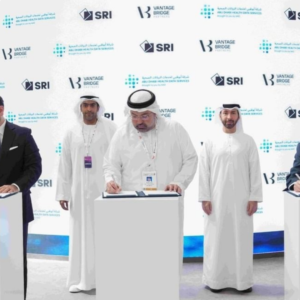In a commendable effort to promote responsible giving and ensure the integrity of charity activities during the holy month of Ramadan, the United Arab Emirates (UAE) has implemented stringent ethical philanthropy standards. This regulatory framework aims to foster a culture of responsible and impactful giving, emphasizing the positive contributions of donations to the community.
Ramadan, a sacred month in Islam, is traditionally a time of increased charitable activities and giving back to the community. Recognizing the significance of these philanthropic efforts, the UAE has taken proactive measures to regulate charity activities, creating a framework that upholds ethical standards and aligns with the nation’s values.
The enforcement of ethical philanthropy standards during Ramadan involves prohibiting certain actions that may compromise the integrity of charitable initiatives. These regulations are designed to prevent any misuse of funds, ensuring that donations are directed towards projects and causes that genuinely benefit the community. By setting clear guidelines, the UAE aims to enhance the impact of charitable contributions and promote transparency in the distribution of funds.
One key aspect of the regulatory framework is the prohibition of deceptive fundraising practices. This ensures that charitable organizations and individuals adhere to transparent communication about the purpose and utilization of donated funds. The goal is to build trust between donors and recipients, fostering a sense of confidence in the philanthropic ecosystem.
Moreover, the UAE’s commitment to ethical philanthropy extends to preventing the financing of illegal activities through charitable channels. By implementing measures to track and verify the legitimacy of charitable endeavors, the nation aims to curb any potential misuse of funds for illicit purposes, safeguarding the integrity of the charitable sector.
The emphasis on positive community contributions is a central theme in the UAE’s approach to philanthropy during Ramadan. Charitable activities are encouraged to focus on projects that have a meaningful and sustainable impact on society, whether through supporting education, healthcare, or other vital community needs. This strategic alignment ensures that donations not only provide immediate relief but also contribute to the long-term well-being and development of the community.
As the UAE enforces ethical philanthropy standards, it underscores the nation’s commitment to fostering a culture of responsible giving and ensuring that charitable activities during Ramadan genuinely uplift the community. By setting clear regulations and promoting transparency, the UAE aims to inspire a sense of collective responsibility, where philanthropy becomes a powerful force for positive change and sustainable development. As Ramadan unfolds, these ethical standards serve as a guiding framework, ensuring that the spirit of generosity aligns with principles that enhance the well-being of individuals and communities alike.

